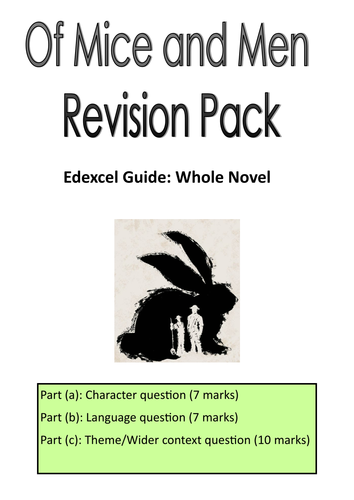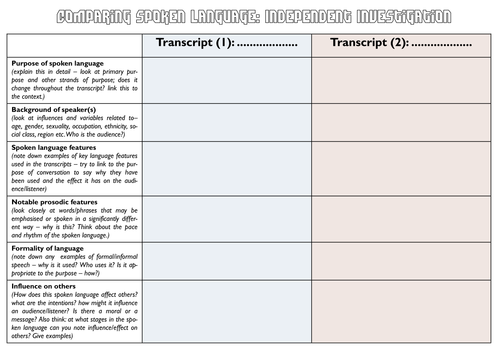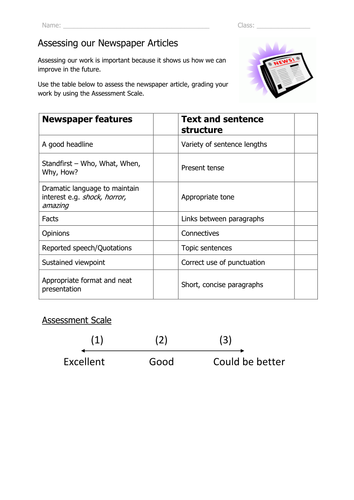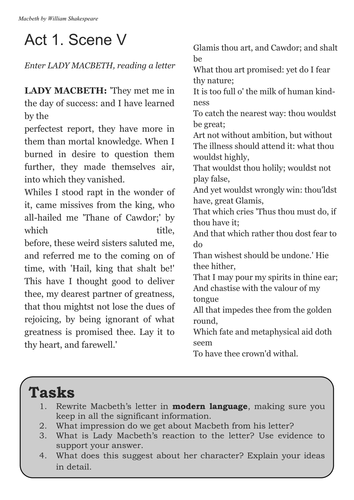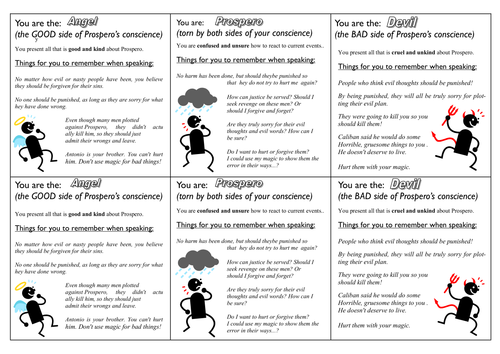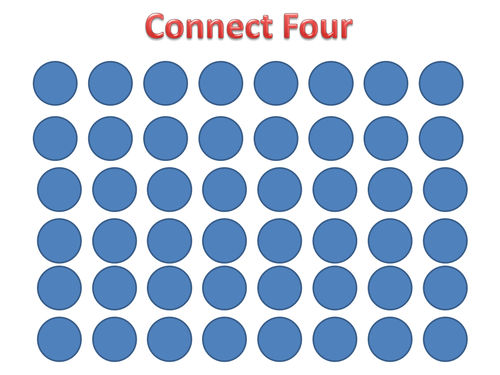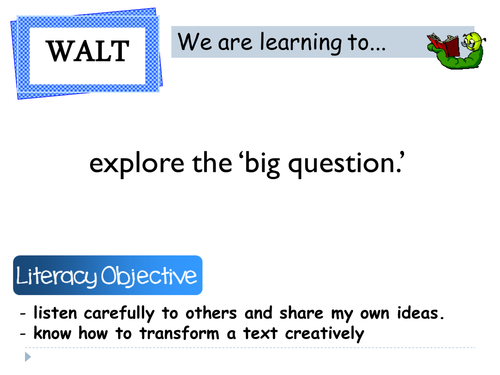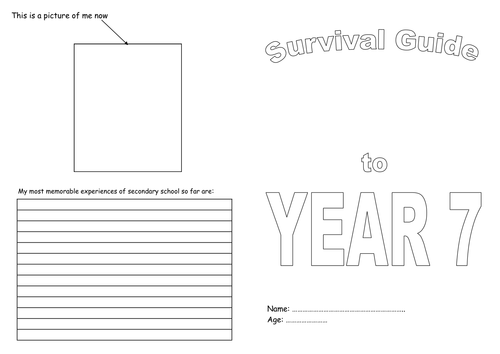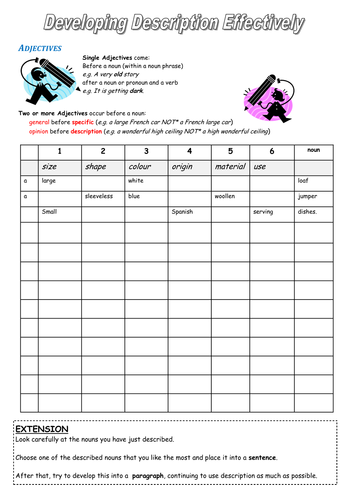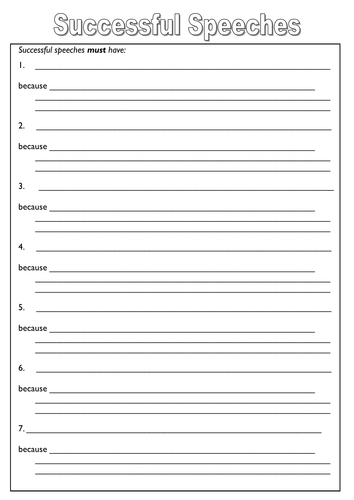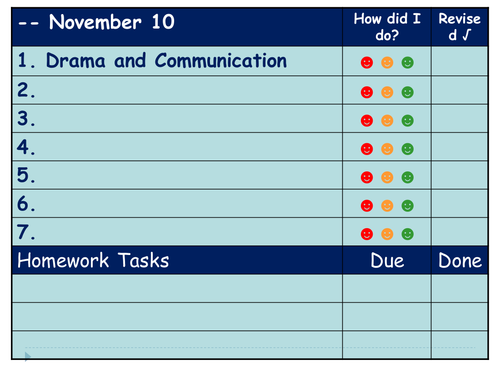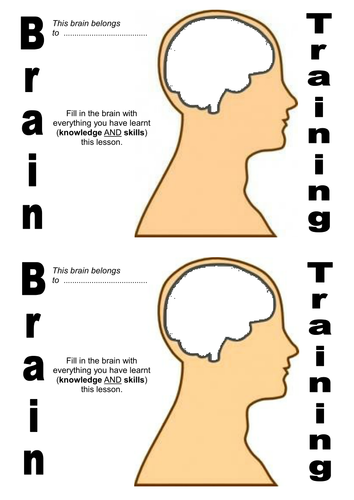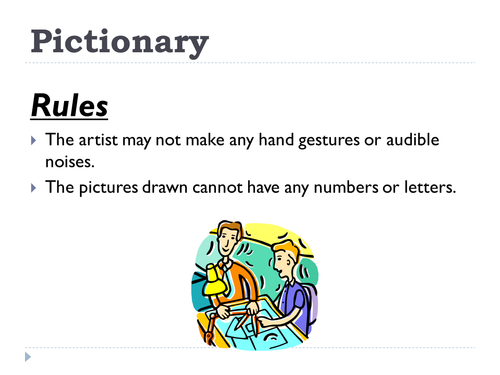
29Uploads
265k+Views
153k+Downloads
All resources

EDEXCEL GCSE ENGLISH- Of Mice & Men Revision Pack
Extracts taken from various points in the novel, with possible exam questions for each section - linked to Writer's Craft exam. Includes Part a, character questions, language (part B) and part C thematic questions.

Macbeth Quiz - 'Who Wants To Be A Millionaire?'
Interactive quiz aimed at helping both key stage 3 and 4 revise the main events, characters and themes of the play 'Macbeth'. Fun, competitive way to end a unit.

EDEXCEL Spoken Language Study- Compare Transcripts
This worksheet can be blown up to A3 and allows students guided independent opportunity to compare 2 spoken language transcripts in detail. It is based on the EDEXCEL GCSE English Language task, but can be used for other spoken language specification tasks.

Assessing A Newspaper Article
This sheet should be used after teaching about writing to inform/ how to write a newspaper article. It assesses each of the key features that should be used in an article and allows students the chance to look and see if they have fulfilled each of the criteria. Could also be used as a peer assessment tool.

Active and Passive Voice - Writing Activity
This task is a fun way to consolidate the students' understanding of the difference between active and passive voice. Students have to think of the dangers of being at the seaside and use them to create sentences in the passive voice, explaining what happens to Mr Hasbean. Ideal for middle to low ability classes. (Taken and adapted from the National Standards progress folders from the DFES.)

EDEXCEL GCSE ENGLISH - Macbeth Exam Pack (Act 3)
Pack of 'pre-empted&' questions linked to the EDEXCEL Writer&';s Craft exam 2014. Covers all parts, from character questions to drama and thematic. Can be printed as booklet for class or home revision.

Macbeth's Letter Task: Modern Language and Tasks
Selection of tasks that are linked to Act 1, Scene 5 of Shakespeare's Macbeth. Students re-write Macbeth&'s letter in modern English and complete other tasks, which will help them get to grips with Shakespearean language, as well as interpreting key features of the text and the events.

Purpose, Audience, Format, Tone (PAFT)
Useful PowerPoint to introduce the new ideas of analysing text like articles using memorable PAFT. Also looks at persuasive and informative aspects of text. Best used with extra visuals like newspapers (Tabloid/Broadsheet) and magazines (Puns/Slogans/Sensationlism)

The Tempest: Prospero Conscience Card Sort!
These printable cards are an excellent way to get pupils to infer and deduce from a text by acting as Prospero's conscience.
Best used with reading, at the end of Act 3 or the end of Act 4 of The Tempest by William Shakespeare.
Pupils act out Prospero's conscience, discussing and debating the dilemma he has. Great way to revise issues/themes. Good for drama or speaking and listening.

Connect Four Revision Game
Use the board to quiz your students on any unit or topic that you have been covering. Adds competition and fun to simple revision tasks!
Can be used in any subject for any topic.
Works really well in getting pupils to answer questions as they try to win.

Cloud Busting by Malorie Blackman: Recount Poetry
Suitable for KS2 or low ability KS3. Introductory lesson into recount poetry - looks at identifying success criteria and producing own creative piece. Differentiated throughout.

How to Survive Year 7 - Create A Guide
The PowerPoint can be used to introduce the activity through discussion, then it gives guidelines about what aspects of school to discuss in their guide. Students then need to work together (pairs/small groups) to create a Survival Guide for the next year 7 students. The skills used are: writing to inform and explain, and s&l: talking with others.

Developing Description Effectively
Students can use this table to see how description can be layered together. The table shows the order of which we use adjectives (although it is not fool proof!). It is useful to use as an introduction to descriptive writing and showing how to develop noun phrases in sentences.

The Nearly Impossible Christmas Wordsearch!
Challenge pupils with this 40x40, A3 Christmas wordsearch! Words go in any direction and some are backwards. Tried and tested with Y7 to 11. The pupils love it!
Answers on reverse.

Persuasion in Speeches
Powerpoint provides a basis of a lesson focused on identifying what makes a persuasive speech and effective speaker. I used this lesson after analysing sections of Barack Obama's Election Night speech.
This is probably best used after introductory lesson(s) looking at specific persuasive devices so that pupils know what successful speeches need to have. Worksheet that is attached ensures that pupils are explaining WHY something is important - developing their ability to explain effect.

Drama and Communication
Helpful PowerPoints that structure the progression into drama in English. Begins with a focus on verbal and non-verbal communication. This leads onto research into drama and then drama activities through poetry. Any poems can be used/added to the Powerpoint.

Brain Training Plenary
Simple, but effective plenary. Students fill in the brain, explaining any learning or knowledge they have gathered throughout the lesson/session. Visual way to self-assess.

Pictionary Cards and Powerpoint
Simple but effective cards, which can be laminated and reused. Students practise drawing skills but then, as extra challenge, have to use only descriptive words to describe the 'thing' on their card. Links nicely to any creative unit where vocabulary is a focus.

The Tempest: Printable Character Table Worksheet
This printable table helps students understand the role of each character in the play. Students need to provide an image and detailed explanation about each character, based on what they have learnt from the play. Could be used as a 'work-in-progress' throughout a unit or homework task. Suitable for all abilities.

Argue, Persuade, Advise Cloze Activity
Task that requires pupils to fill in the blanks for each of the Argue, Persuade and Advise sections. Through this they should begin to identify the difference in content and language between each of the three.
Could be used as consolidation exercise or homework.

